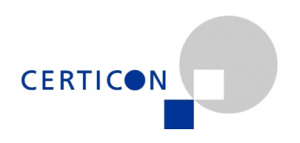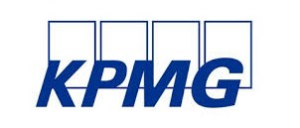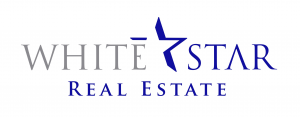KPMG report: Indirect taxation increasing worldwide, the Czech Republic following the trend
3.12.2009Company: KPMG Česká republika, s.r.o.
An urgent need for more revenue is pushing many governments into active moves to increase the tax taken from indirect taxes, and a worldwide broadening of the tax base for corporate income taxes, KPMG International’s latest annual survey of tax rates affecting business has found.
• Many governments making active moves to boost indirect taxes
• Long term tax rate declines halted in Europe and Latin America
• International tax co-operation reaches new levels
Direct taxes
In Europe, average rates stayed at 23.2 percent, the first time in 13 years that they have failed to fall year-on-year. In the Czech Republic, the rate is 20 percent, i.e. slightly below the average level. Moreover, in 2010 the rate is going to fall to 19 percent. A special rate of 5 percent applies to the profits of investment, mutual, and pension funds.
Indirect taxes
The Czech standard rate of value-added tax is 19 percent in 2009, 20 percent in 2010, which corresponds with the European average. There is a reduced rate of 9 percent (10 percent in 2010) which applies to, for example, food products, books, brochures, newspapers and magazines, public transport services, social residential housing construction, and transfer of residential houses unless exempt.
"The Czech Republic follows the right direction in taxation and more or less corresponds with the worldwide trend. It has slightly increased indirect taxes, thus laying heavier burden on consumption. On the other hand, direct corporate taxation will fall in 2010, which will help entrepreneurs fight the crisis,“ says Jan Žůrek, Partner responsible for Tax Services at KPMG Czech Republic.
For more information and to download the study click here.







